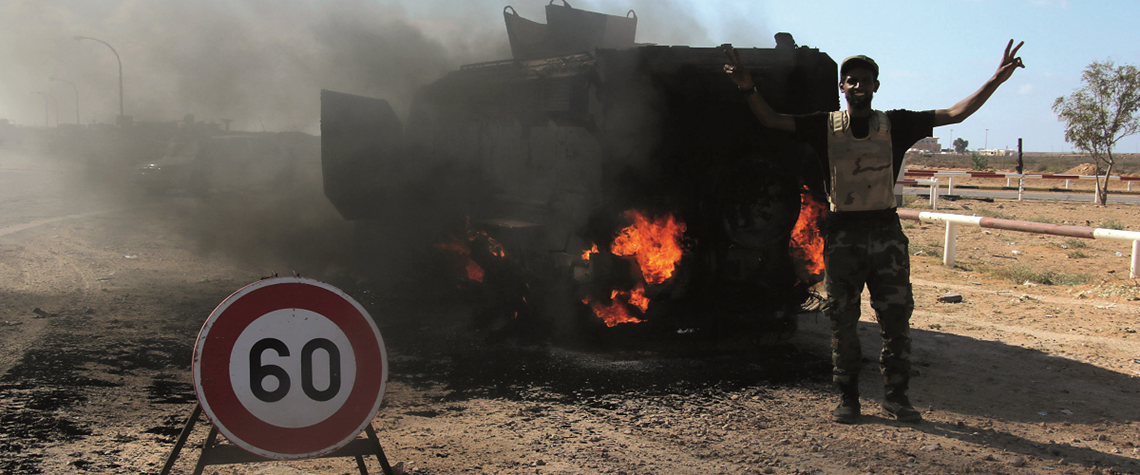Conflict cripples Libya's oil sector
The latest battle for Libya’s key oil ports—the fourth in as many years—leaves vital infrastructure destroyed and the country’s production recovery in jeopardy
Fighting began on 14 June when warlord Ibrahim Jathran led his grandly named but poorly equipped militia, the Petroleum Facilities Guard (PFG), in an attack that seized Es Sider, Libya's largest export terminal, and nearby Ras Lanuf, its largest refinery. Jathran's militia were originally formed to guard the ports, which take exports from the Sirte Basin, home to two-thirds of Libya's production. But from 2013, they blockaded the terminals demanding huge payments. The blockade ended in September 2016 when Khalifa Hafter's Libya National Army (LNA) seized them, opening them for business. Since that capture, Libya's oil production has jumped from 220,000 barrels a day to hit 1m b/d in June las

Also in this section
27 February 2026
LNG would serve as a backup supply source as domestic gas declines and the country’s energy system comes under stress during periods of low hydropower output and high energy demand
27 February 2026
The assumption that oil markets will re-route and work around sanctions is being tested, and it is the physical infrastructure that is acting as the constraint
27 February 2026
The 25th WPC Energy Congress to take place in tandem as part of a coordinated week of high-level ministerial, institutional and industry engagements
27 February 2026
The deepwater sector must be brave by fast-tracking projects and making progress to seize huge offshore opportunities and not become bogged down by capacity constraints and consolidation







